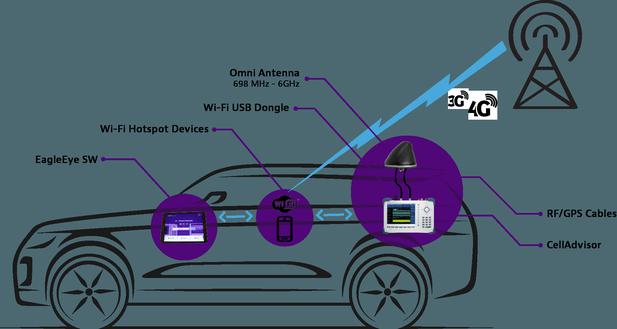System garbage
Definition
System garbage, the legacy files of the win system (will never be used again), we will classify the system garbage below. The system garbage can be classified into the following categories. Note that it is will never be used again. There is only one I can think of, welcome to add:
1: The residual files and registry keys of the program that are uninstalled after installation may cause problems in some extreme cases, such as incomplete software uninstallation , Failed to reinstall the software.
These are files that have no effect on the system. It can only increase the burden on the system. So it's called trash.
The manual deletion of these junk files is very risky. Even some software has a back-up. Therefore, try not to use manual processing when cleaning up the system garbage, otherwise, once the system has problems. It is difficult to recover.
Other non-junk files
1: System log file
Log file is a very useful file, log file can form big data, sum up the system Status, what problems the system has encountered, and when the problem occurs, can extract very useful information. It is strongly recommended not to delete it by yourself

2: Picture Cache
Picture Cache That is, we view the thumbnail of the picture, which is automatically taken over by the system. Unless your picture is abnormal, it is strongly recommended not to delete it, because every time you delete it, it will be rebuilt again, because the thumbnail is necessary (if your system is set The view is thumbnail display), of course you can set it if you don’t like it-do not display thumbnails
3: Browser cache
The communication process between the browser and the server is as follows:
a: The browser requests the server to obtain the page for the first time, and the server responds, attaching Last-Modified (the last modification time of the page) to the browser.
b: When the browser visits the duplicate page for the second time, the server responds and gets the If-Modified-Since attached to the browser (the last modification time of the y page requested last time), and then communicates with the server The page file is compared with time, and if the time is consistent, the response code (304) is returned to the browser; no page update is performed.
c: The browser obtains the response code (304), and then obtains the previously downloaded page from the cache, avoiding frequent communication with the server to download resources, because the cached content is the same as the server, so There is no need to clean up the browser cache by yourself.
Solution: IE comes with its own browser cache size setting. The default setting of IE is 50MB, and expired data will be automatically cleared if it exceeds 50MB; other major browsers have cache space settings, and all have their own Clean up. There is absolutely no need to spend a lot of time on cleaning up these so-called garbage.
4: Various historical records, browsing traces
This kind of thing is the same as log files. Maybe you will read it one day and find that these files are deleted. The space occupancy is very small. If the computer for personal use is spotless, then your personal style is missing. You will find that using all kinds of awkwardness. These so-called garbage records are actually our computers. It’s a habit of days, months, or even years. It’s difficult to build, and it’s often destroyed in an instant. Don’t blindly change the wind, listen to the various pop-up reminders of some so-called "optimized software", and blindly carry out the so-called Optimization, you only need to ask yourself, after cleaning up, is the system really faster? It's really smooth (of course the memory capacity is too small, the hard disk is not a solid state drive, do not take the hardware reasons for granted to the software reasons).
Latest: Built-in TV
Next: Easy Disk








